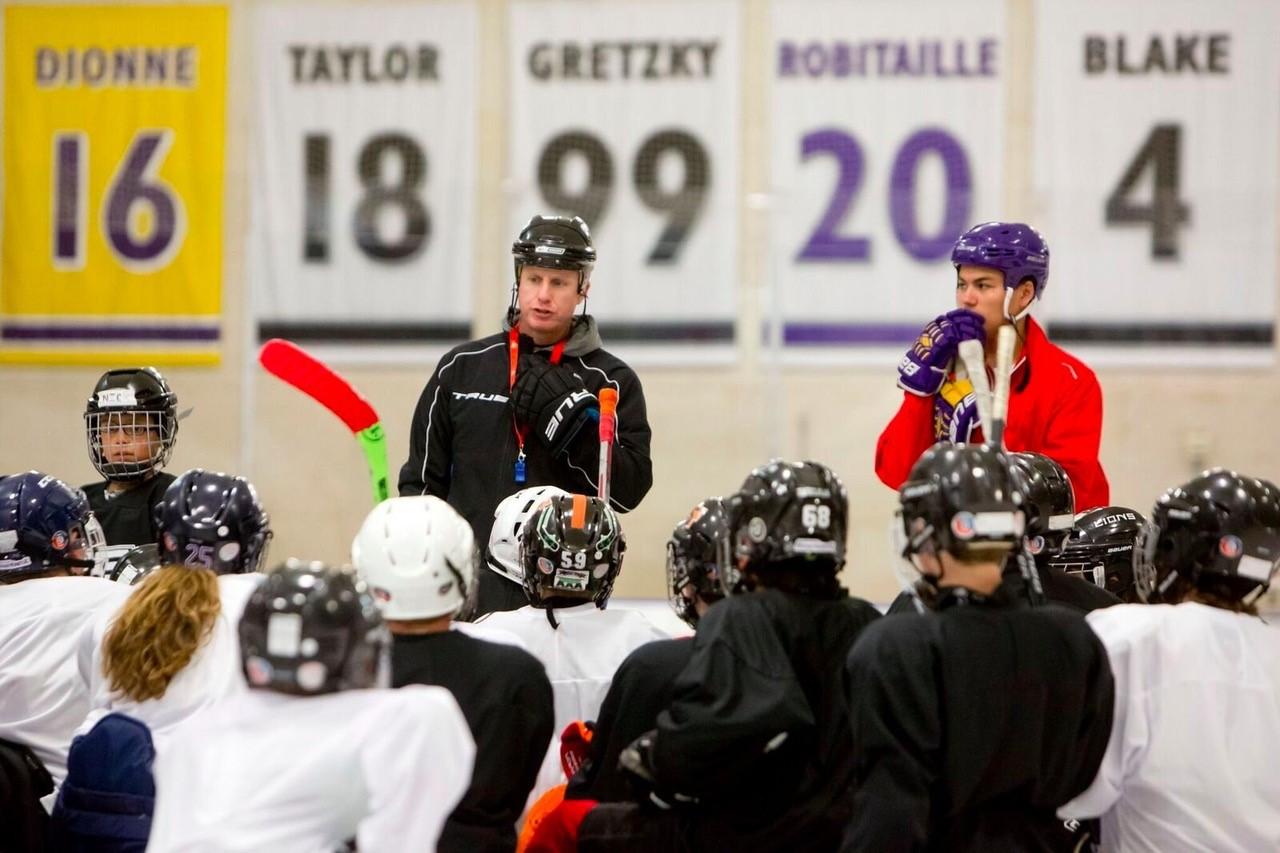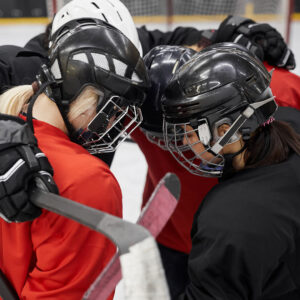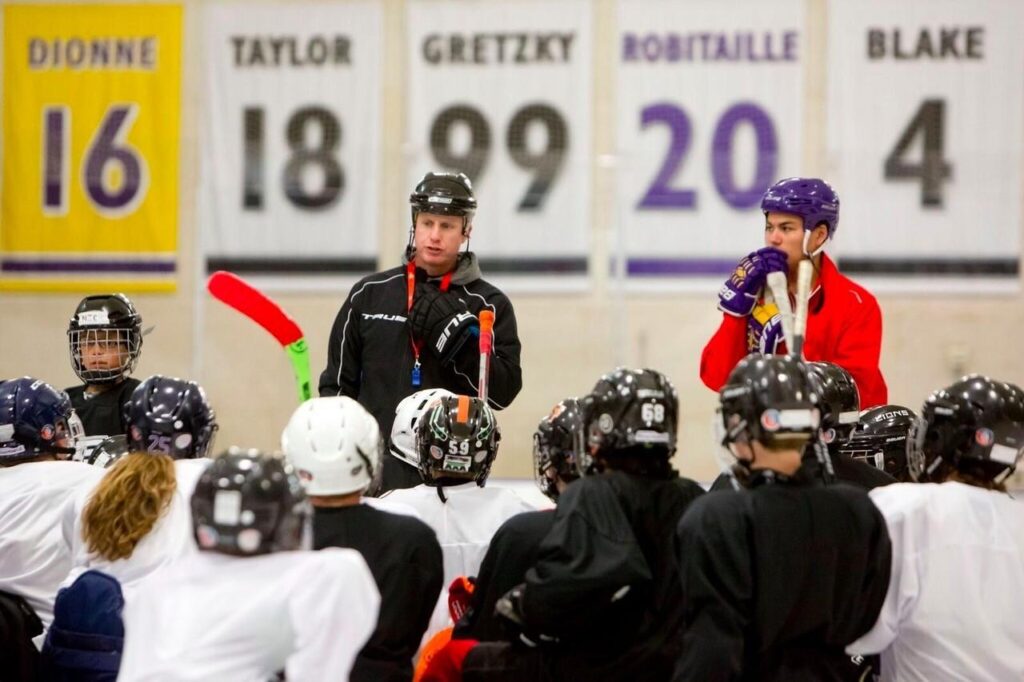You may have seen Mike Pilon on our YouTube channel, running our iPlayHockey video series. Check out our iPlayHockey channel here to watch our “Drills For Skills” videos with Mike.
Pilon is a native of Munster, ON, a large village in the Greater Ottawa Area. He graduated from Brock University with an Honours degree in Physical Education and is now the President of Endeavour Sports Group. ESG offers programs such as hockey clinics (private, small group, team), camps, individualized development programs, mentorship programs, and more. Pilon has plenty of experience in player development, advising, and consultation. He has worked with athletes of all ages and levels. From working with young athletes within minor hockey associations to working with over 300 NCAA/Major Junior athletes and dozens of current NHL players, Pilon has an exceptionally strong background in helping athletes develop on the ice and guiding them to become the best version of themselves.
Explain the importance of working on the fundamentals (skating, pucks skills, positioning, etc.,)
The reality is that without fundamentals, the ability to perform any type of tactics effectively (be that simple to complex) are completely dependent upon foundational skills. With or without the puck, those abilities allow you to build and grow your game. Skills are simply something we never stop working on, no matter your age or level.
How do you find balance in creating a fun and positive environment while also challenging players to get uncomfortable and to cultivate good work habits?
Probably the biggest influence there has been experience. It helps provide perspective – be that from learning from other coaches, speaking with players, and then truly getting creative with the process. From there it’s about setting expectations, allowing players & staff to understand them – then allowing zero grey in such demands. Buy-in will happen because it becomes a habit. I truly believe most players LOVE to compete, so I’m a big believer in creating games which allow them to play, yet learn at the same time because of their design (rules, structure, skills, etc).
In-season, how much time should coaches put aside to work on skills with their players through the use of station work, high repetition drills and small area games?
Lots of things influence this – be that practice sessions, assistants, time of the season, level, etc. As a very general comment, however, I do believe elements of all of these should and can be used at each and every practice. I’m a huge fan of using all of these diligently in the off-season, the difference is that in-season you are trying to combine elements of each into a cohesive “team” strategy. I have known a few successful elite level coaches whose practices incorporated only small-area games and limited station work. Barry Smith, a very highly respected coach, once made a comment after investigating practice trends all over the world – saying that “too often I see drills run too long, incorporate multiple skills, with limited repetitions and moderate pace”. He went on to say that he believed that real progress happened when “drills are designed to be skill specific, offer high repetition, in smaller spaces, at very high pace”, because he felt that these transferred into better habits for game application.
What advice do you have for youth players training for this upcoming hockey season with COVID-19 restrictions in place?
We discussed it with many of our athletes. It really gave us a chance to challenge our ‘attitude’ and ‘athletic mindset’. Much of what was going on in the world was out of their control, but they did have the choice of trying to work on elements of what being an “athlete” meant. Flexibility, strength, quickness, creativity – even training the mind by watching games, tendencies. Lots of things are hard in life, especially through all of this, but it gave our players a chance to invest in themselves as creatively as possible.
In your experience, what are coaches missing in their organizational strategy and techniques?
What can they do better to drive team success? Great question. I think with today’s athletes, a key to any of the successful coaches out there is their ability to communicate with their athletes, and create relationships (big or small). This alone is I think a huge key to a team’s “buy in”, and I think on a real basic human level, creates a respect level between individuals.



